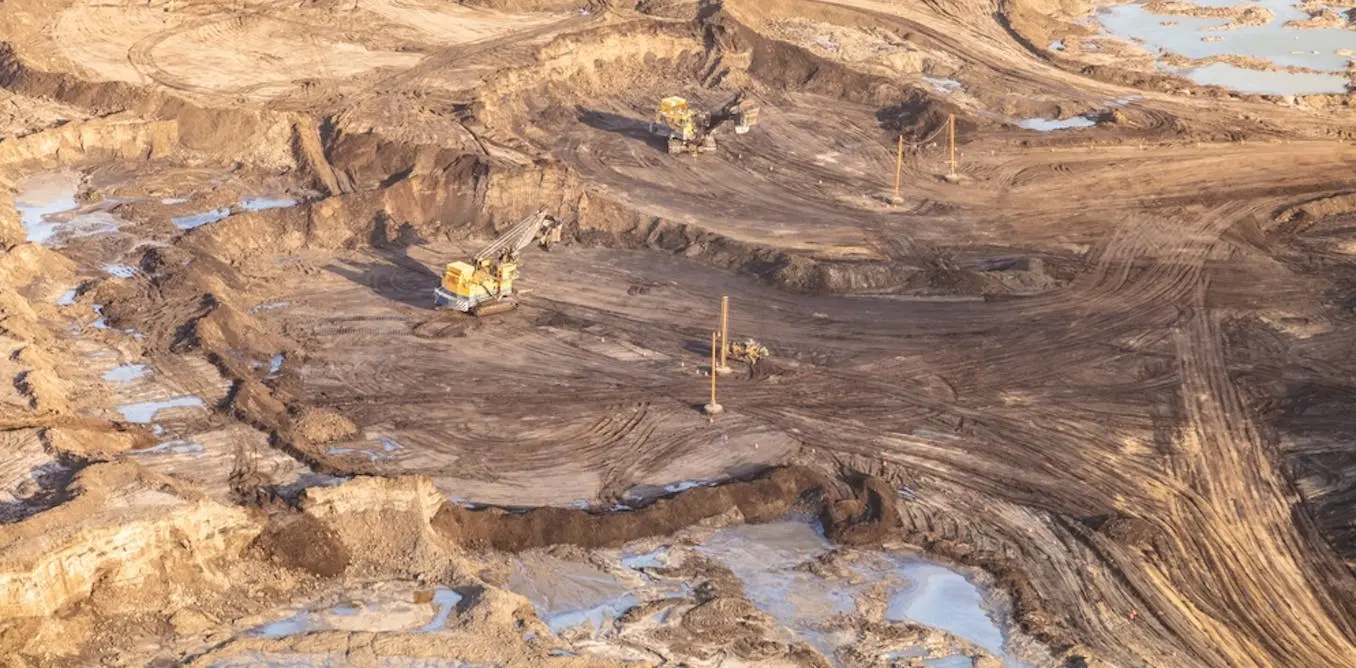I mean, fine. We’ll likely need oil for lubrication for a long time, but my next car will be electric, and we’re getting solar over this and the next year. They’ll lose my contributions to their coffers, because fuck them.
They should be held accountable, but I’m not going to hem and haw waiting for them to do the right thing (or for the governments to get off their collective assess and do something about it).
Exactly, good for you. As individuals, we can choose to make things better, be a part of the solution, and have a big collective impact by making changes.
Bonus points are that it sends a signal to others which amplifies the impact, and also reduces the power of those large organisations who do bad, since our better actions often feed them less money.
We have vegetable oil for example and algaes can produce oil as well. So we do not need to dig for fossil fuel, there are alternatives for lubriaction and similar problems, were oil is very much needed.
Im not certain how well plant based alternatives work for the specific formulations needed for most lubricants, but honestly given the scale involved it doesn’t really matter if we use ground reserves. Most machines use gallons a year or decade, not per five minutes like cars.
Yeah, it’s the mechanical properties of non-crude lubricants that’s the issue. Maybe scientists could find a way to turn vegetable oil into industrial grease, but I have no idea if that’s even possible.
But like you say, lubricants aren’t the main problem; it has always been fossil fuels.
We shouldn’t hold them accountable for producing oil, we should throw the book at them for all the propaganda, lobbying, and other shenanigans. They knew burning fossil fuels would have a massive environmental impact. I say charge them with fraud in the same way Trump is facing. Yank their business licenses everywhere they are found guilty.
There are lawsuits just like that
All businesses should be held accountable for climate destruction. They create the products and do most of the polluting.
Change needs to start at the source, businesses, industry, not consumers.Surprise surprise, I show up in a thread like this.
Lets get to it, shall we?
One particularly significant rhetorical strategy the oil industry has adopted is to place responsibility for climate change mitigation and adaptation on the individual.
It’s classic divide and conquer. The whole argument is bullshit. It’s like blaming someone for lighting a candle seconds before someone else throws a Molotov at their house.
Over the past three decades, the five biggest U.S. oil companies have spent more than US$3 billion on marketing and donations to boost their communications with the general public and political decision-makers.
Of course they have. I spoke a bit a few weeks back about how corporate reputation is a key driver to change, and a major consideration in how companies operate. This one has it added driver of political/regulatory influence.
Greenwashing” enables them to turn their role on its head and present themselves as genuine environmental saviours by investing in coastal restoration and promoting an eco-responsible, community-based industry.
Good! They should invest! It’s a sign that reputational pressure is working! What we need to get good at here, is not buying the shit they sell in terms of results. Oh cool! You restored 0.023 ha of coastline and it worked well. Golf clap. Instead of eating their story up, we should say ‘great we love that!, now what about the rest of the coast?’
Our influence is small, and individually we can’t change them, but enough people calling them out and calling for specific changes and projects can drive them to consider further investment.






